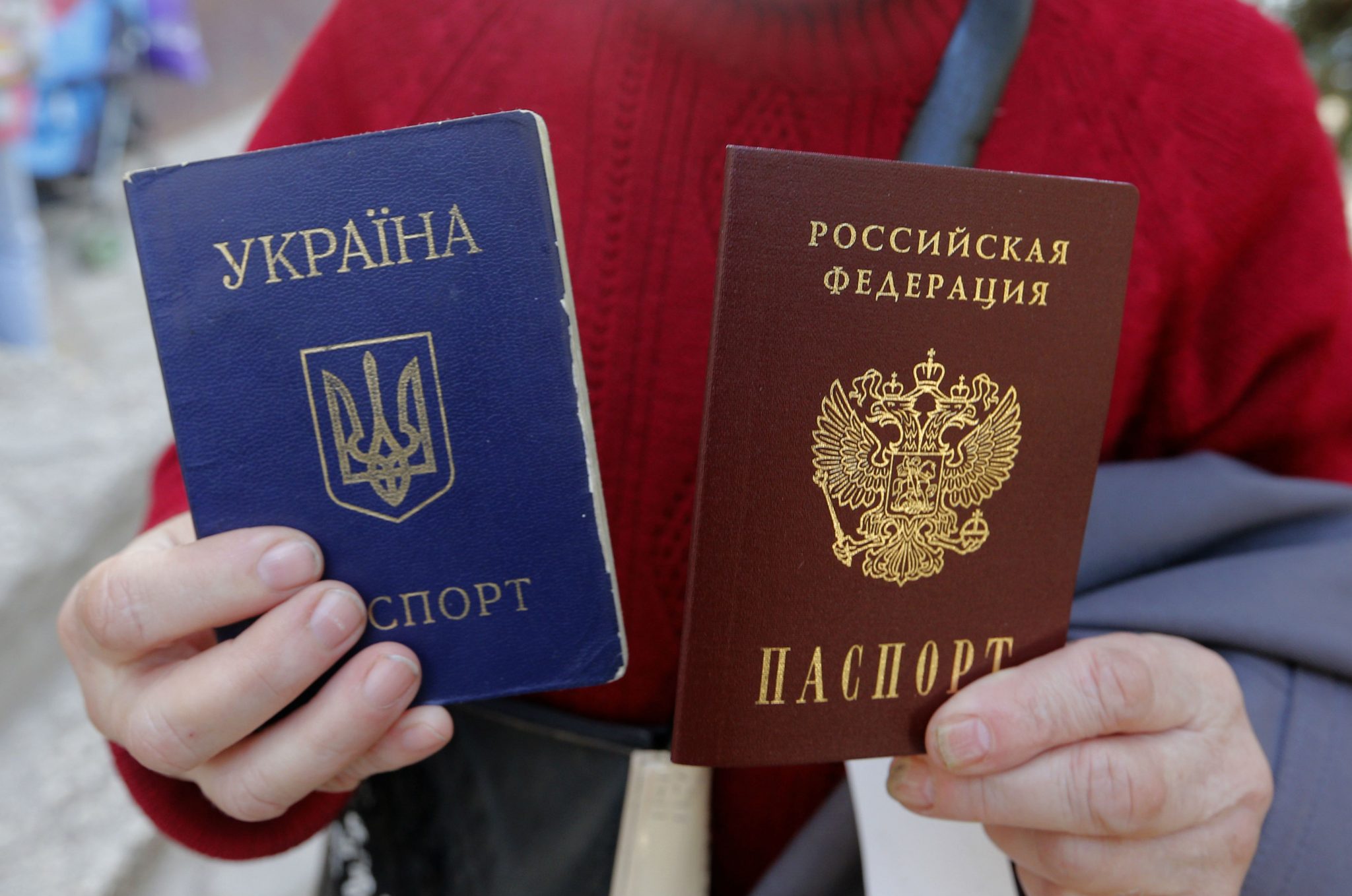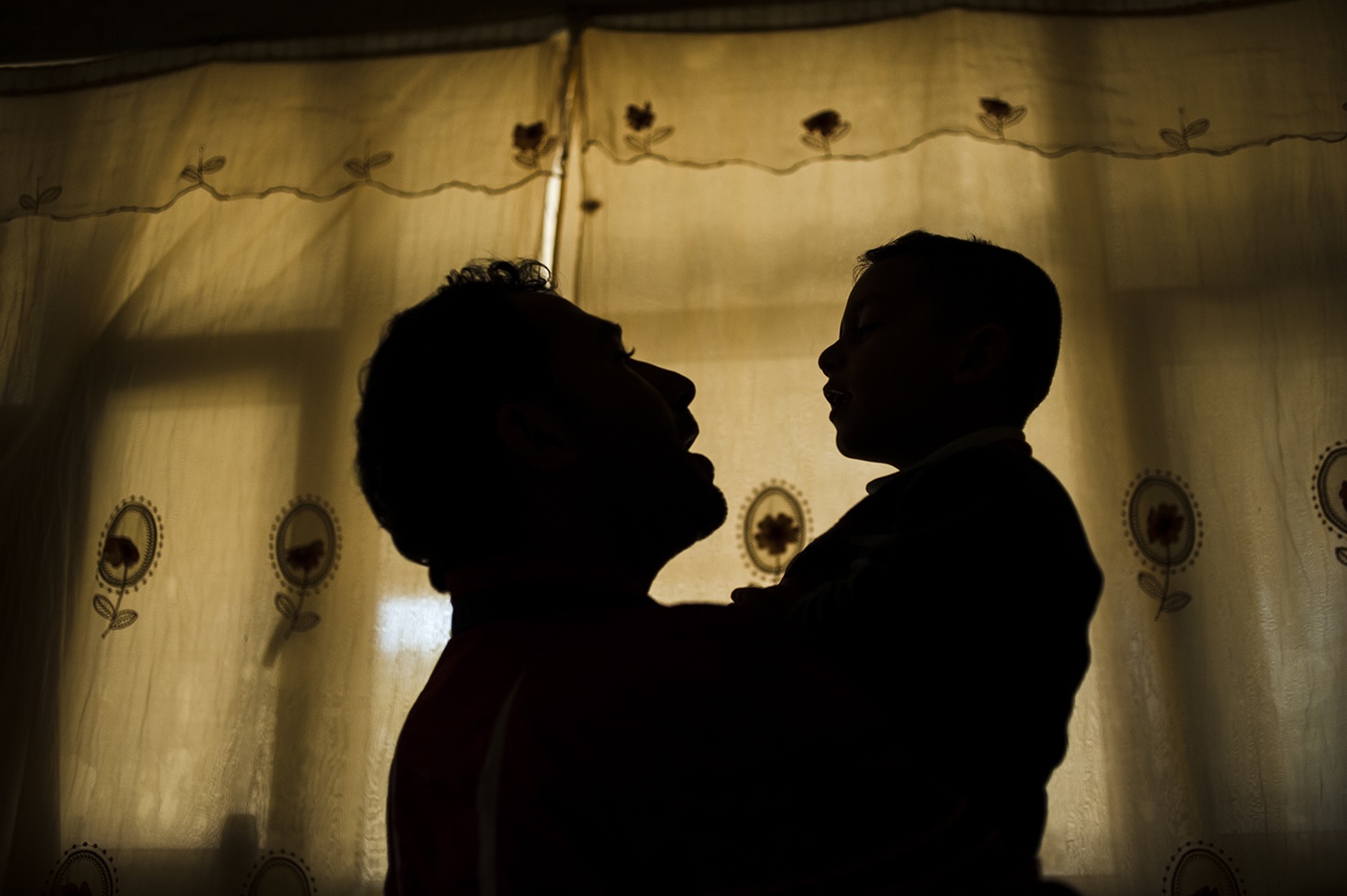
[authorbox authorid=”47″ title=”The Author”]
For a generation in Europe and elsewhere that is disconnected from the horrors of communism. Now a new film available on Netflix offers viewers an important history lesson. Communism’s bloody record is rarely studied in many Western European countries, and films like First They Killed My Father provide what happens when totalitarianism emerges, and democracy fails. Especially important as an increasing number of Europeans have no memory of the Cold War.
First They Killed My Father offers a personalized take on the Cambodian genocide by placing the viewer in Loung Ung, a five-year-old girl who is caught up in the events of the 1975 Khmer genocide. For the viewer it is easy to sympathize with Ung even if the era’s politics remain unfamiliar for a European audience.
In Europe, the film won a Cameraimage award in Poland and is nominated for the foreign language award at the BAFTA’s which will take place in London in February 2018. In the United States, Cambodia’s official selection for the Academy Awards next year was snubbed by the academy but, did receive a Golden Globe Nomination.
The Black Book of Communism compiled by a group of largely French historians suggest that after the Bolshevik revolution of 1917 some 95 million people world wide were killed in the name of communism. Other surveys suggest as much as 105 million were killed.
Yet, these crimes often remain unknown in Europe. A recent article in the National Review to noted the results of an opinion poll conducted amongst 16-24 year olds in Briton by the firm Survation in 2016 – a generation largely born after the fall of communism:
“Fully 39 percent of young people associated George W. Bush with crimes against humanity, and 34 percent associated Tony Blair with the same. Which were higher percentages than for either Mao Tse-tung (20 percent) or Pol Pot (19 percent). The cause is not fellow-travelling but sheer ignorance. No less than 70 percent of young people said they had never heard of Chairman Mao, while 72 percent had never heard of the Cambodian génocidaire” the article read in part.
After toppling a royalist government in 1975 the Khmer Rouge – as Cambodia’s communists were known set about creating Democratic Kampuchea a four-year period with the support of China. During the Cambodian genocide, approximately 2 million people were killed by the regime before Vietnamese forces invaded in 1979 which stopped the genocide but, not the killing. The Khmer Rouge remained a threat for decades. For example, in April 1998 Khmer Rouge forces murdered 12 Vietnamese civilians near a fishing village Tonle Sap – the largest freshwater lake in Southeast Asia.
In the film, Buddhist monks are singled out for punishment by the Khmer Rouge, and in another, a Khmer Rouge soldier tries to trick Ung’s father into speaking French. Both scenes are true to life religiosity in all its forms was one of the primary targets of the Khmer Rouge – like communists elsewhere. The educated, Buddhist priests, ethnic Vietnamese, and members of the Cham Muslim Minority were all singled out for some of the regime’s harshest treatment.
According to some estimates, the genocide against the Cham may have resulted in the death of 70% of their population or half a million people. How many people were killed by the communists during this period is unclear. Somewhere between 1.5 million and 3 million Cambodians were killed by Pol Pot’s communist regime between 1975 and 1979. The Khmer Rouge it should not be forget waged a guerrilla war for over two decades after their removal power.
In one scene in the film portraits of Josef Stalin and Vladimir Lenin peer down at the protagonist while she undergoes communist indoctrination. Meanwhile half of the young people polled in the survey mentioned above had never heard of Lenin. As her family members are killed off, and she is slowly starved the young girl finally breaks and embraces the regime.
One of the lessons of the Khmer Rouge genocide is that a totalitarian society can be created even in the world’s poorest countries in the world if traditional society is shattered. A lesson not lost on today’s totalitarians amongst Da’esh and Boko Haram. More people in Europe of all ages should watch the film for this lesson and others.



